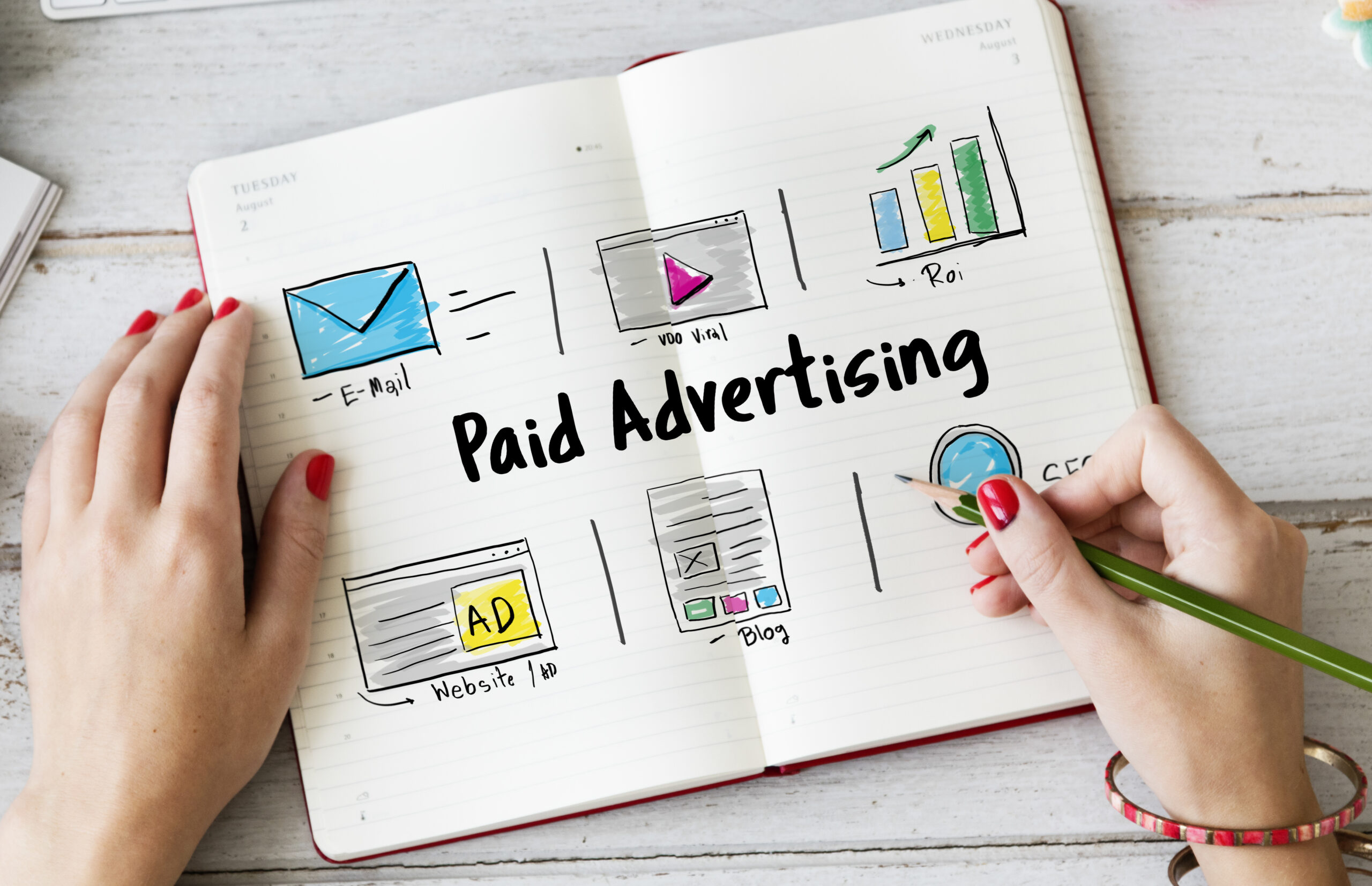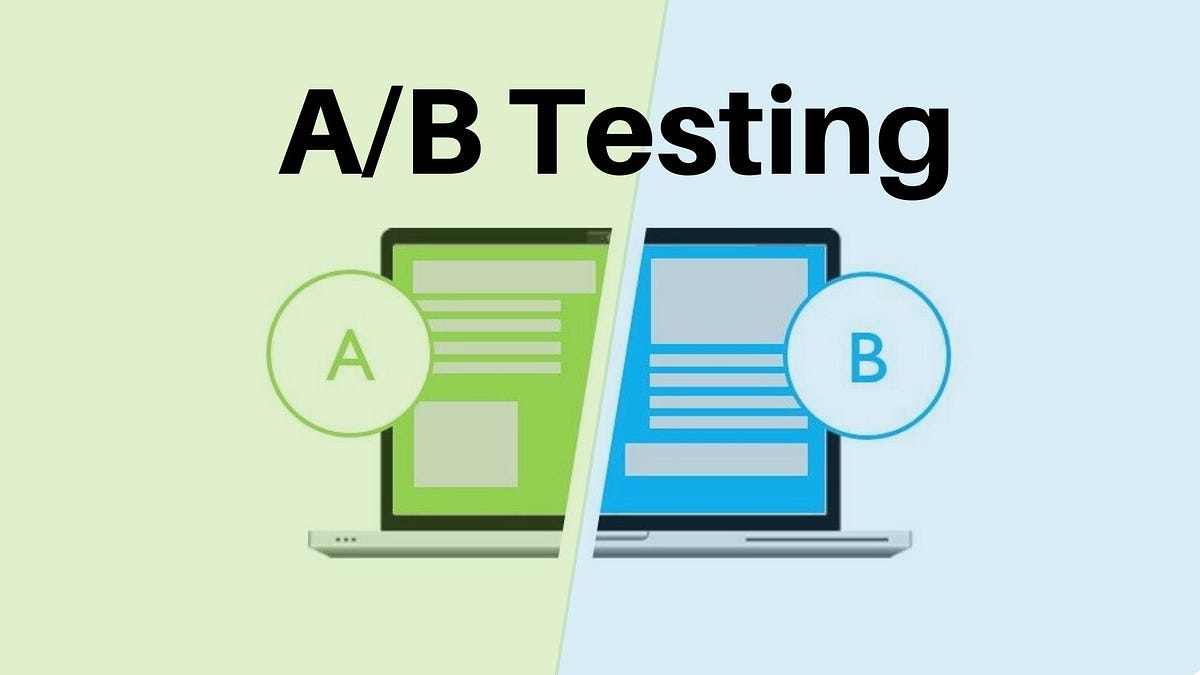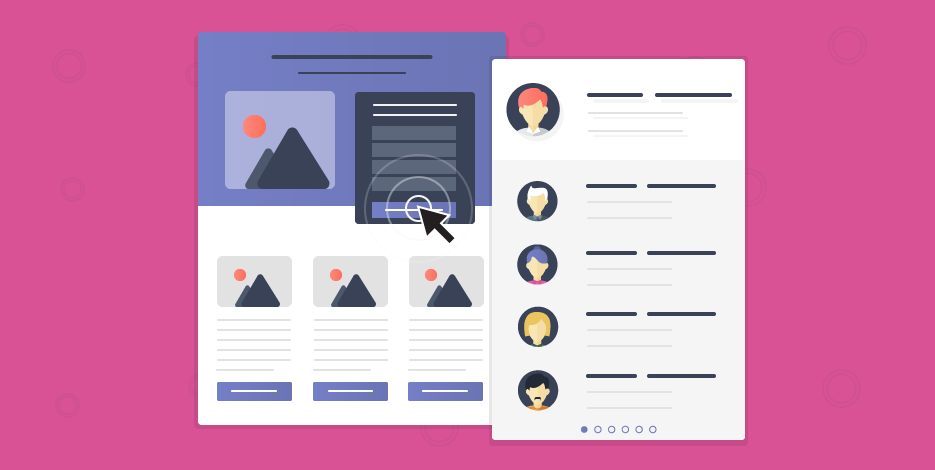
7 Google Ads Hacks to Maximize ROI in 2025
7 Google Ads Hacks to Maximize ROI in 2025

Google Ads is becoming more competitive and expensive, especially in 2025, with AI-driven bidding, privacy changes, and rising CPCs. Without smart optimizations, your ad spend could lose money.
In this guide, you’ll learn:
✅ 7 data-backed Google Ads hacks to boost ROI in 2025
✅ How AI & automation change bidding strategies
✅ Real-world examples (India & global markets)
Let’s dive in!
Why ROI Optimization in Google Ads Matters in 2025
Google Ads is evolving fast. Here’s why ROI-focused strategies are critical:
- AI-powered bidding (Smart Bidding) now dominates, but blind automation kills profits.
- Privacy regulations (no third-party cookies) make targeting harder.
- Competition is fiercer—Indian & global brands fight for the same keywords.
Without optimization? You’ll overspend on low-converting clicks.
7 Google Ads Hacks to Maximize ROI in 2025
1️⃣ Leverage AI-Powered Smart Bidding (But Customize It)
Google’s Smart Bidding (tCPA, tROAS, Maximize Conversions) uses AI, but default settings can waste money.
How to Optimize:
✔ Use data-driven attribution (not last-click) for better bid decisions.
✔ Set realistic ROAS targets (e.g., 400% for e-commerce).
✔ Exclude poor-performing placements (YouTube, Display Network).
Example: An Indian D2C brand increased ROAS by 35% by adjusting Smart Bidding rules.
2️⃣ Use High-Intent Long-Tail Keywords
Broad-match keywords drain budgets. Instead, target low-competition, high-intent phrases.
Pro Tips:
- Use Google Keyword Planner + AnswerThePublic for long-tail queries.
- Match ad copy to keyword intent (e.g., “buy organic cotton shirts online India”).
Case Study: A Mumbai-based jewelry store cut CPC by 50% using long-tail keywords like “handmade gold earrings for weddings”.
3️⃣ Spy on Competitors with Auction Insights & Ad Transparency
Google Ads Transparency Center reveals competitor ad strategies.
How to Use It:
🔍 Check competitor ad copies, extensions, and landing pages.
📊 Use Auction Insights to see who dominates your keywords.
Tool: SEMrush Advertising Research (for deeper competitor insights).
4️⃣ Combine Local Targeting with Hyper-Personalized Ads
India Tip: Use location-specific ad copy (e.g., “Best SEO Agency in Bangalore”).
Global Tip: Layer audience segments (in-market, custom intent) with geotargeting.
Example: A Delhi restaurant doubled conversions by running ads like “30% Off Biryani Near Connaught Place”.
5️⃣ A/B Test Everything (Prioritize These Elements)
Test these first:
- Headlines (Include numbers, questions, or urgency).
- Descriptions (Highlight USP: “Free Shipping in India”).
- Landing pages (Faster load speed = higher conversions).
Tool: Google Optimize (free A/B testing).
6️⃣ Automate Rules for Budget & Performance Tweaks
Set automated rules to:
⏸ Pause underperforming ads (if CTR < 2%).
📈 Increase bids on high-ROI keywords.
Example Rule: “If conversion cost > ₹500, reduce bids by 20%.”
7️⃣ Optimize Landing Pages for Conversion, Not Just Clicks
Google Ads sends traffic—your landing page converts it.
Must-Have Elements:
⚡ Fast load speed (<3 seconds).
🎯 Clear CTA (“Book Now,” “Get Free Quote”).
📝 Short forms (Name + Email + Phone).
Tool: Hotjar (analyze user behavior).
Bonus: Stay Ahead with These Google Ads 2025 Trends
Google Ads evolves rapidly—here’s what will dominate in 2025 and how to prepare:
1. Performance Max Campaigns: The New Gold Standard
Google is pushing advertisers toward fully automated campaign types, especially Performance Max (PMAX).
Why It Matters:
- PMAX uses AI to show ads across all Google networks (Search, Display, YouTube, Gmail) with minimal manual control.
- Early adopters see 20–30% higher conversions (Google Internal Data, 2024).
Pro Tips for 2025:
✅ Feed the AI with high-quality assets: Upload 10+ images/videos, 5+ headlines, and detailed audience signals.
✅ Exclude low-performing placements: Use placement reports to block spammy websites.
✅ Combine with Smart Bidding: Set tROAS or tCPA for better results.
Example: An e-commerce brand reduced CPA by 22% after shifting 40% of its budget to PMAX.
2. AI-Powered Ad Creation: Faster, But Riskier
Google’s AI-generated ads (via Demand Gen campaigns) will become mainstream, but human oversight remains critical.
Key Changes:
- Automated ad variations: AI mixes headlines/descriptions dynamically.
- Predictive audiences: Targets users likely to convert based on behavior.
How to Stay Safe:
🔍 Review AI-generated ads weekly: Avoid irrelevant or brand-unsafe combinations.
✂ Edit auto-applied recommendations: Turn off unhelpful suggestions in account settings.
Tool: Google Ads Editor (for bulk edits to AI-generated campaigns).
3. Follow Trusted Industry Resources
Google’s algorithms update weekly. Stay informed through:
Must-Follow Sources for 2025:
- Official: Google Ads Blog (announcements first)
- Experts: Neil Patel’s PPC guides, Search Engine Land’s “Ads Watch” newsletter
- Communities: r/PPC on Reddit, LinkedIn Groups (e.g., “Google Ads Innovators”)
Pro Tip: Set up Google Alerts for “Google Ads updates 2025” to get real-time notifications.
Your 2025 Google Ads Game Plan
The future of Google Ads balances AI automation with human strategy. Here’s your action plan:
1. Master AI Tools, But Keep Control
- Use Smart Bidding + manual exclusions to prevent wasted spend.
- Test PMAX campaigns with 20–30% of your budget.
2. Double Down on High-Intent Strategies
- Long-tail keywords > broad match (e.g., “best CRM for small businesses India”).
- Competitor spying with Auction Insights + third-party tools like SEMrush.
3. Localize for Maximum Impact
- Geo-targeted ads with city-specific CTAs (e.g., “Mumbai businesses: Get 50% off”).
- Landing page A/B tests to improve conversion rates (aim for 5%+).
🚀 Need Help? Our Google Ads experts can audit your campaigns for free!




